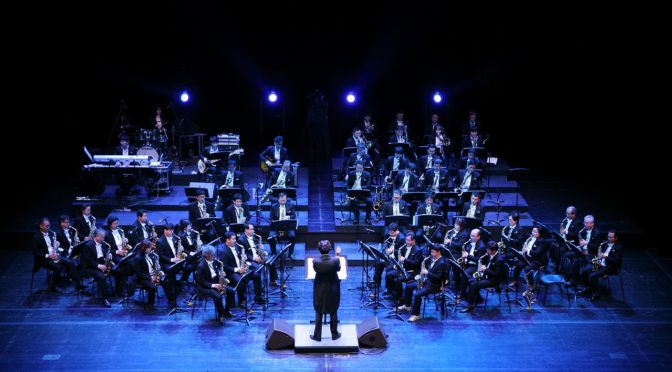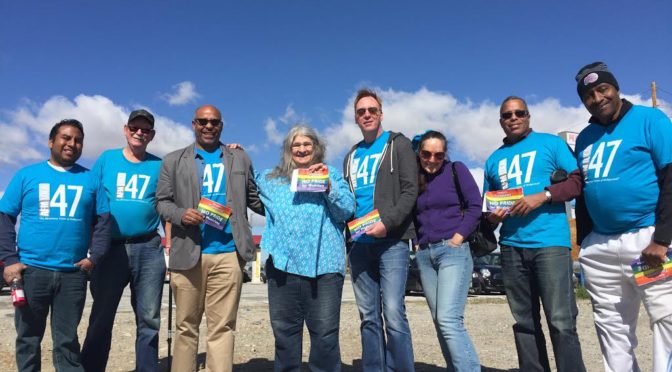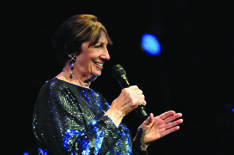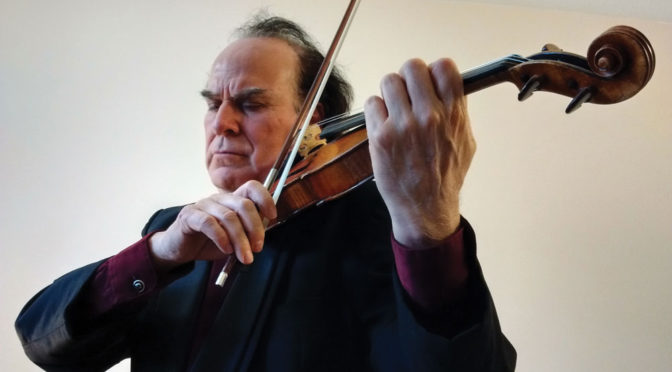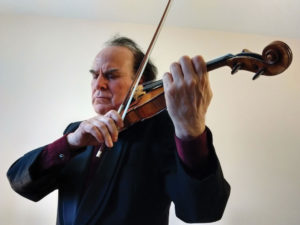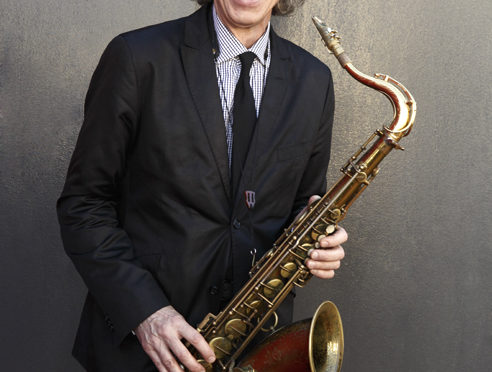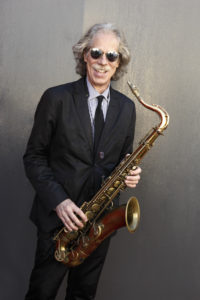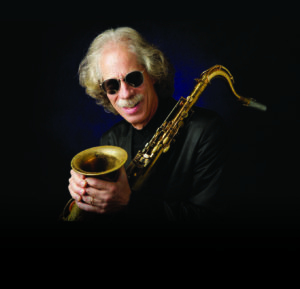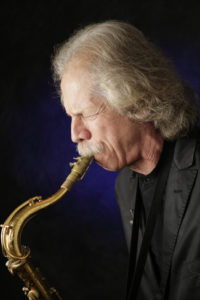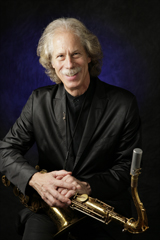The Culinary Workers (Local 226) and Bartenders (Local 165), Nevada affiliates of UNITE HERE, have been certified as the legal collective bargaining representatives of more than 500 workers at the Trump International Hotel Las Vegas, the union announced this month.
The National Labor Relations Board (NLRB) regional office overruled the hotel’s objections to an election last December in which the workers voted for the two unions. Trump Las Vegas, co-owned by Donald Trump, has indicated it plans to appeal the decision to the NLRB’s national office in Washington, DC. According to a statement by UNITE HERE, “The company has driven an aggressive anti-union campaign since workers began organizing at his property in 2014.” The unions are now seeking contracts for all employees in housekeeping, food and beverage, pool, and guest services at the hotel.




